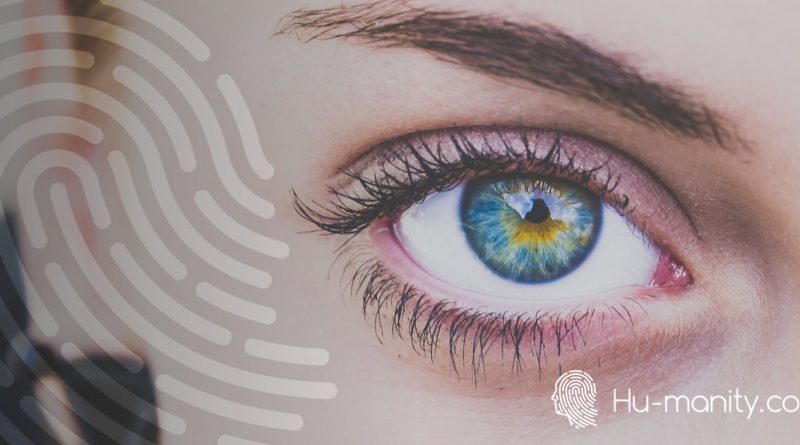Hu-manity Decentralized Personal Data Platform Review
With the aggregated value of human data marketplaces estimated at $150B to $200B annually, Hu-manity wants to redefine personal data, revolutionize the way it is handled by organizations and governments or anyone else, and to help achieve data freedom and rights.
It wants to ensure that the community and individuals will benefit from the way individuals and communities use and share personal data sets. This will ensure minimal security threats and misuse related to personal data handling and data sharing. These threats and misuses include online scams, illegal selling of personal data without user consent or choices and without classifying it as personal property or sharing it without any benefits to the owner.
The platform will, therefore, act as a decentralized human right that "will bestow the legal characteristics of property ownership" to human data and ensure that owners are involved in every step of the data handling and processing process.
What it means is that data can acquire legal characteristics of property ownership "such as involvement in the sale, fair market value negotiations, sharing, lien, security, and protection from theft, vandalism or squatting," meaning individuals can participate in the human data marketplace with all the legal protections against breaches and compliance. Personal data, according to the company will be treated legally as oil, land or other personal assets.
For Hu-manity, personal data is not just browser and social media data: it also includes geospatial data, driver and vehicle history, consumer spending habits, medical history, travel, dining, and recreational habits.
How it works
The platform uses IBM's blockchain according to an announcement on August 6th. Like any other blockchain-based platform, it is expected to store the personal data securely after collection or recording and then decentralized the operations. Although they will record data on IBM blockchain, they will also work on the Slovin blockchain whose purpose is to put control of personal data and information in the individual's hands.
On top of the blockchain, individuals and companies can use intelligent contracts to negotiate new terms of consent and authorization. The company says that its global inherent Human Data Consent and Authorization Blockchain (HD-CAB) is built on a “chain of chains” strategy combining Ethereum and other fabrics.
The company also has an iOS and Android called #My31 (launched on August 2018) which derives from the concept of the 31st human right (data and information human right) after the already known 30 rights humans enlisted by UN.
Apart from the app and collaboration with IBM, the company is also working on a digital ID system in Canada called SecureKey and has a company using Indy toolkit to support blockchains on a Hyperledger called Sovrin. It is expected that the two companies (IBM and Hu-manity) will work together on an enterprise version of the #My31 app.
Using the iPhone and Android app, individuals can decide with whom to share data -- including individuals, organizations, and research institutions and be paid for the data. Like the way they receive a title for a parcel of land or a car logbook, individuals will also be able to receive a title for their data property. The app will help to manage your data, consent and in addition to viewing the various marketplace offerings in which you can participate with your data.
One of the applications or use cases the company will focus on is in healthcare data. With the app and/or platform, users can acquire or have right of ownership of personal data including location data, search history, and e-commerce habits, all stored and recorded on the blockchain.
The user will have the ability to determine their sharing settings such that they can release or deny release to certain other users and specific parties. They can sell that data to consumers if willing. The company says that the usual cost of transacting personal information is around $400.


